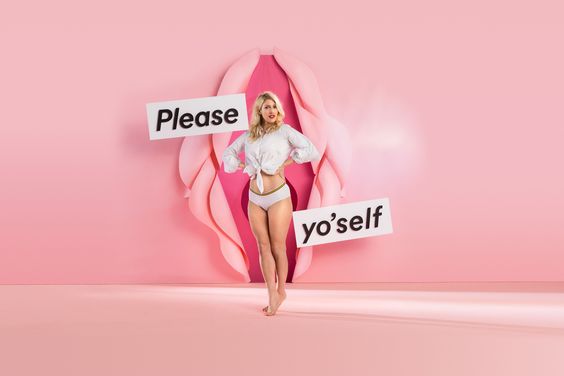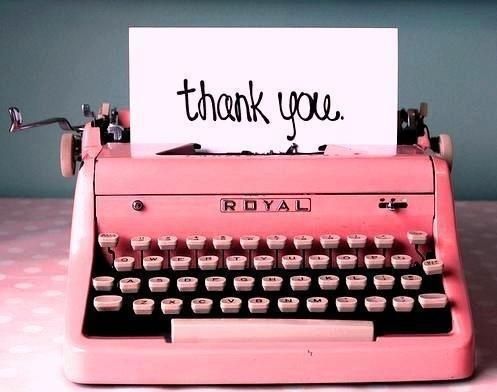This article was written by Anne T. Donahue, here’s the link
While re-watching Grease the other day, I came to one important realization: If Rizzo were watching Grease with me (and oh, man — I wish), she’d be embarrassed for all of us. First, like any rational adult, she’d be aghast at the presence of the flying car during the end credits. Then, she’d wonder why Sandy and Danny are championed as the couple, when they each have the personality of a hubcap. Eventually, she’d also wonder why any of us sang along to “Summer Nights” when Danny’s friends use it as a sexual-assault bucket list (“Did she put up a fight?”What the hell?), and then she’d question why Sandy earns praise for ditching her Good Girl persona, while Rizzo is ostracized for being sexually active. And so, it is clear that Stockard Channing’s Rizzo is Grease’s real hero, the only character whose narrative parallels the realities of teen culture and the female experience. She was smart, street savvy, and heartbreakingly aware of the double standard that exists to congratulate men and shame women. She’s the friend you’d want to call in a crisis. In nearly every scene, she stood up for herself and her choices; at one point, she tossed a milkshake in Kenickie’s face. Was she intimidating? Duh, but only because most of us were introduced to Grease when we were too young to understand the value of strong female leads who thrived on determination, wit, and their own mandate. As girls and teens, we were conditioned to want to be pretty, sweet, lovestruck Sandy and celebrate her willingness to submit to peer pressure and change who she is for a man (who, let’s not forget, ignores her repeated “nos” at the drive-in). We grew up applauding Sandy’s aesthetic evolution from clean-cut cheerleader into the naughty sex bomb Danny valued. But we never stopped to applaud Rizzo’s equally powerful rejection of norms — like being a teen girl experiencing a pregnancy scare. Instead, Sandy and Danny fly off in a car and we all just cheered and laughed, thinking we’d understand when we were older. (Spoiler alert: I still don’t. Why does the car fly, you guys? Why?) Rizzo raises questions the rest of the characters seem scared to take on. On top of calling out the ridiculousness of G-rated, media-crafted personalities like Sandra Dee whose innocence was used as currency, Rizzo wears her rebelliousness on her sleeve by championing a woman’s right to drink whatever, smoke whatever, and sleep with whomever the hell she wants. While Grease is supposed to be a light-hearted love story, neither of its leads are ready or willing to take on the realities of youth culture, whether in the 1950s, ’70s, or even now. Both Sandy and Danny allude to sex, but where Danny’s exploits are rooted in bravado, Sandy’s sexual experiences are completely reliant upon what Danny wants, expects, and reacts to. (Read: She won’t sleep with him in Australia, she rejects his physical advances at the drive-in, but then she embraces a caricature of sexuality in hopes of winning him back. It works.) Like Sandy, much of Rizzo’s narrative is also wrapped up in her relationship with men. But where Sandy is willing to change herself to appease them, Rizzo does not. Instead, she exercises her sexual options by acting, dressing, and behaving the way she wants. Rizzo enjoys sex, but unlike the rest of the characters, her activity isn’t reliant on anybody else’s opinions or judgement. When she and Kenickie break up, she brings his rival to the school dance. (Which, admittedly, is a vindictive move. But you do you, girl.) Then, when she thinks she might be pregnant, she assures Kenickie that it’s somebody else’s (and it’s not anyone in the group, so please relax). And that approach to her pregnancy scare is crucial. Where TV specials and even feature-length movies see pregnancy as the tipping point of a character’s plot line, Rizzo is rattled, but calm. She’s in charge. She’s got this. And while news still spreads fast, she’s clear about what her approach to her potential pregnancy might be: hers. Her body, her choice; that’s all, thank you. Which is also why her song (“Worse Things I Can Do”) is crucial in bringing attention to her self-awareness. She boldly addresses the realities of the Madonna-whore complex and about how she refuses to bend to norms that set a double standard for men and women. She won’t be complacent. She won’t wait around for a man if she wants him, she will have sex if she wants, and she also won’t talk shit about anyone who does the same. Also, she feels things. So go right to hell if you think strong, independent people can’t. All this contributes to Rizzo’s heroism. She is complex, and her story is heartbreakingly familiar. And still, for some reason — despite her relatability and the way she articulates the realities of institutionalized misogyny — we focus on Sandy, Danny, and Greased-effing-Lightning.
Maybe it’s just that Rizzo is the hero we need now, not the one 1978 deserved.





Leave a reply